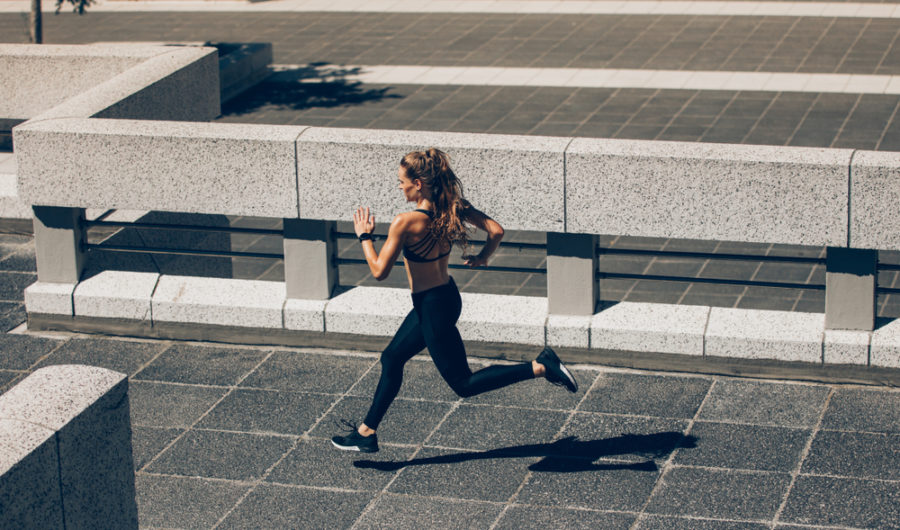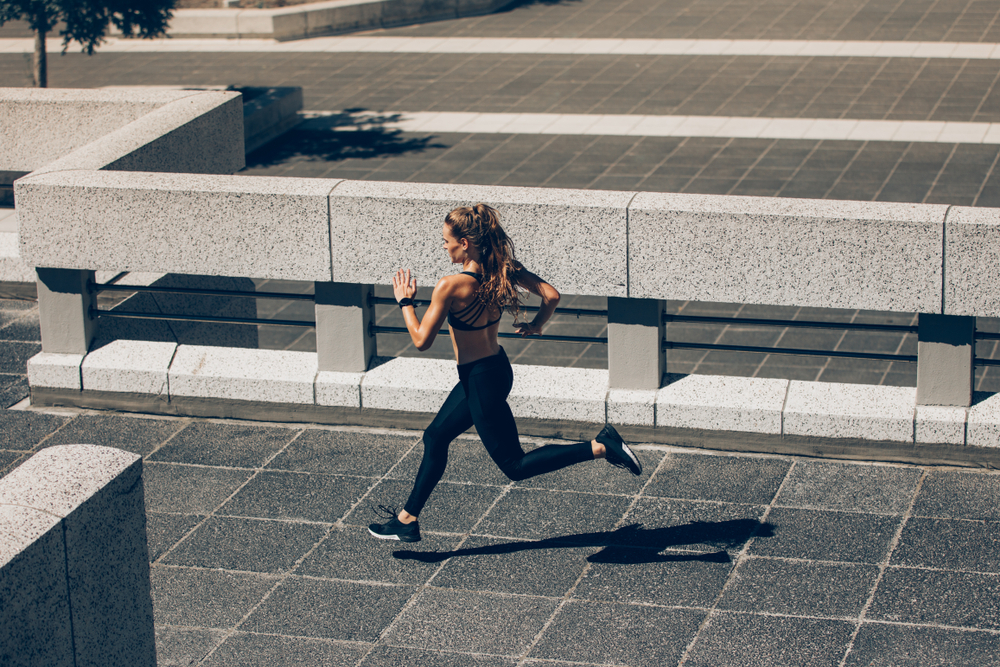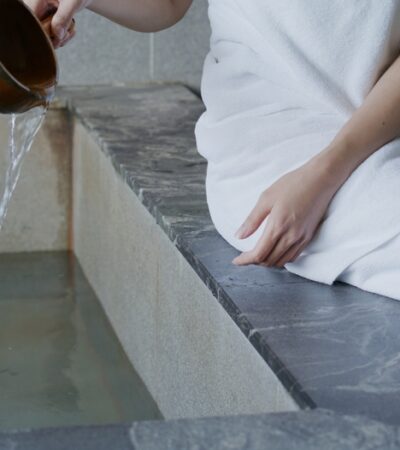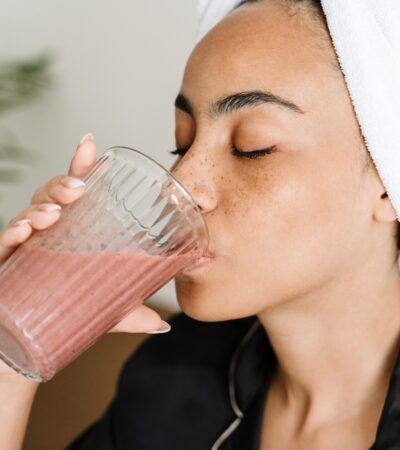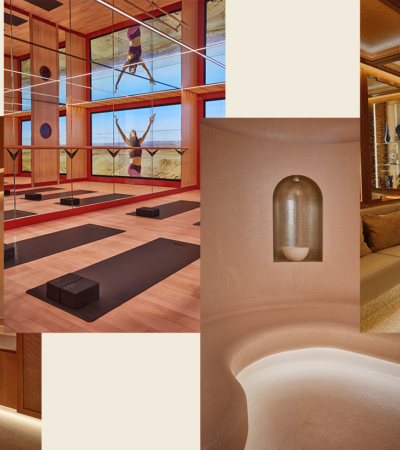With the fitness industry being one of the worst-hit amongst the chaos of the new coronavirus, many have wondered how the sector would ever recover and find its feet again. With no vaccine and no miracle cure yet, social distancing is something every person and every company is having to think about for the foreseeable. We spoke to Jason de Savary, founder of one of our favourite boutique fitness spaces in London, Core Collective, to talk about COVID-19’s impact on the fitness industry and what the future of fitness looks like.
How has the overall response been to people revisiting the studios after so long?
It’s been so positive. We feel people are just so relieved to be able to get a part of their routine they enjoy back on track.
What safety measure have you implemented since reopening?
The key ones have been temperature checks on arrival. We went for the least invasive (most expensive) systems as we think this is likely to be here to stay for a while, and holding a gun to peoples head every time the wanted to work out didn’t appeal to us. We’ve distanced classes by reducing capacity and no one will share any kit during a class. Studios are cleaned as they always have been between class, but our cleaners have had special COVID training by the agency that provides them.
We know Core Collective has put out a range of great online workouts throughout the pandemic, have many members opted to stick with virtual workouts rather than coming back into studios?
When the studios reopened, people have come back, but it seems digital still has a place which is great. Mainly for convenience.
What has your biggest challenge been since the coronavirus outbreak?
Surviving as a business with costs, but zero income for 4 months. It was illegal for our business to open and operate, but it’s not been illegal to charge our fixed costs.
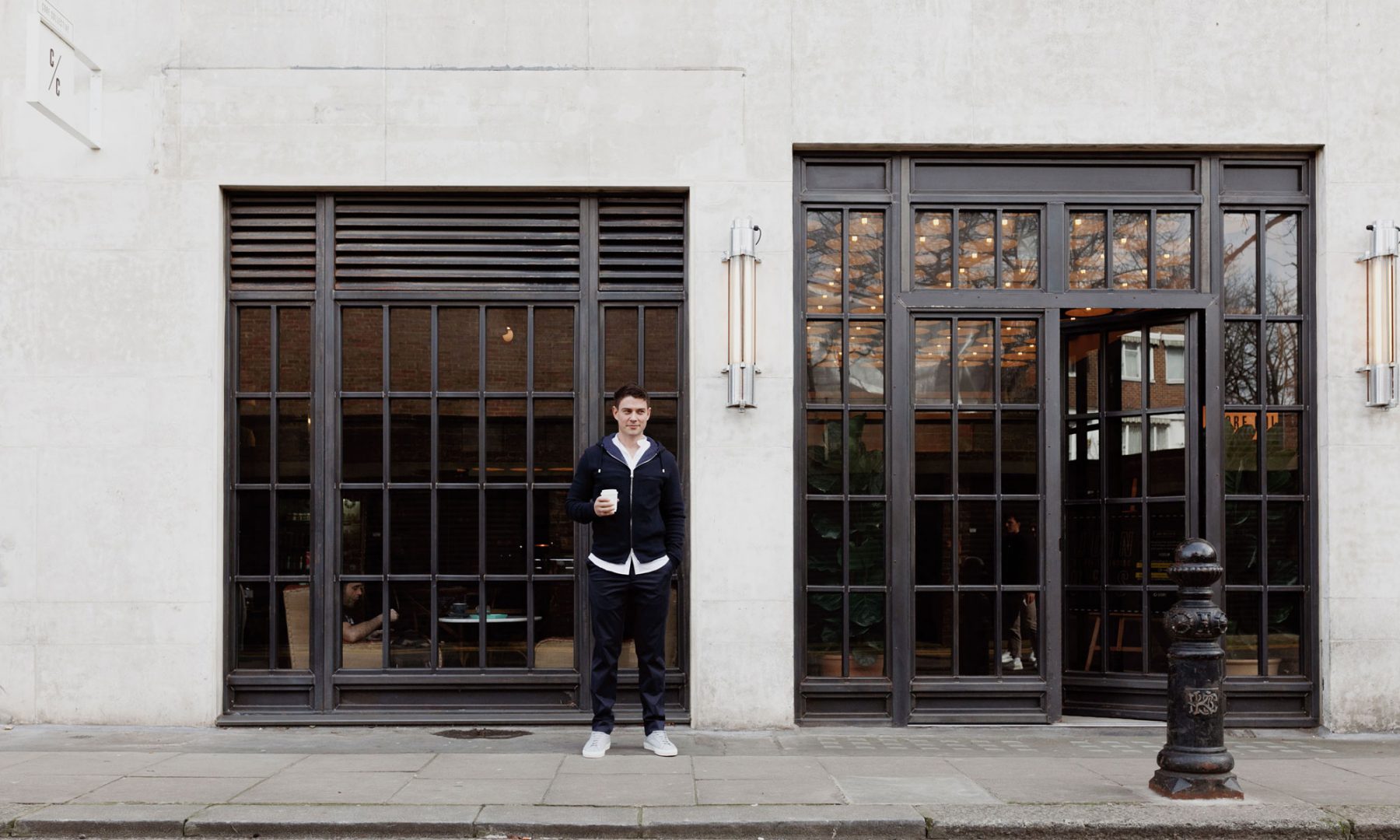
What are your goals and aspirations for the future of Core Collective?
0-6 months, survival. Beyond that, we still believe what we do adds to our customers’ lives and we want to continue to expand and deliver an improving experience. We try to think day to day what can make us better, and long term how we can get bigger to do it for more people.
How have people’s attitudes to fitness changed since the reopening of the studios?
Our customers are engaged and motivated, that’s how the pay as you go model works. You only survive when people come. There hasn’t been a massive change from those people, but hopefully, the wake-up call of lockdown has expanded the market of people who want to be engaged, healthy and fit. We’re here for them too!
How do you think the fitness industry has adapted to these times and what do you think the future holds for gyms and boutiques studios like yourselves?
I think the adaption was rapid – towards online, recognising that our community is loyal and we had to do a lot to add what we could when we were closed. People were grateful for the free IG classes and the contact, and the live stream classes on CCTV kept a pulse going. I think the future holds more of the same although perhaps sooner – more share of our incomes going towards feeling good and being well, more exciting fitness concepts and new ways of doing things. We’re excited, beyond this next 6 months!
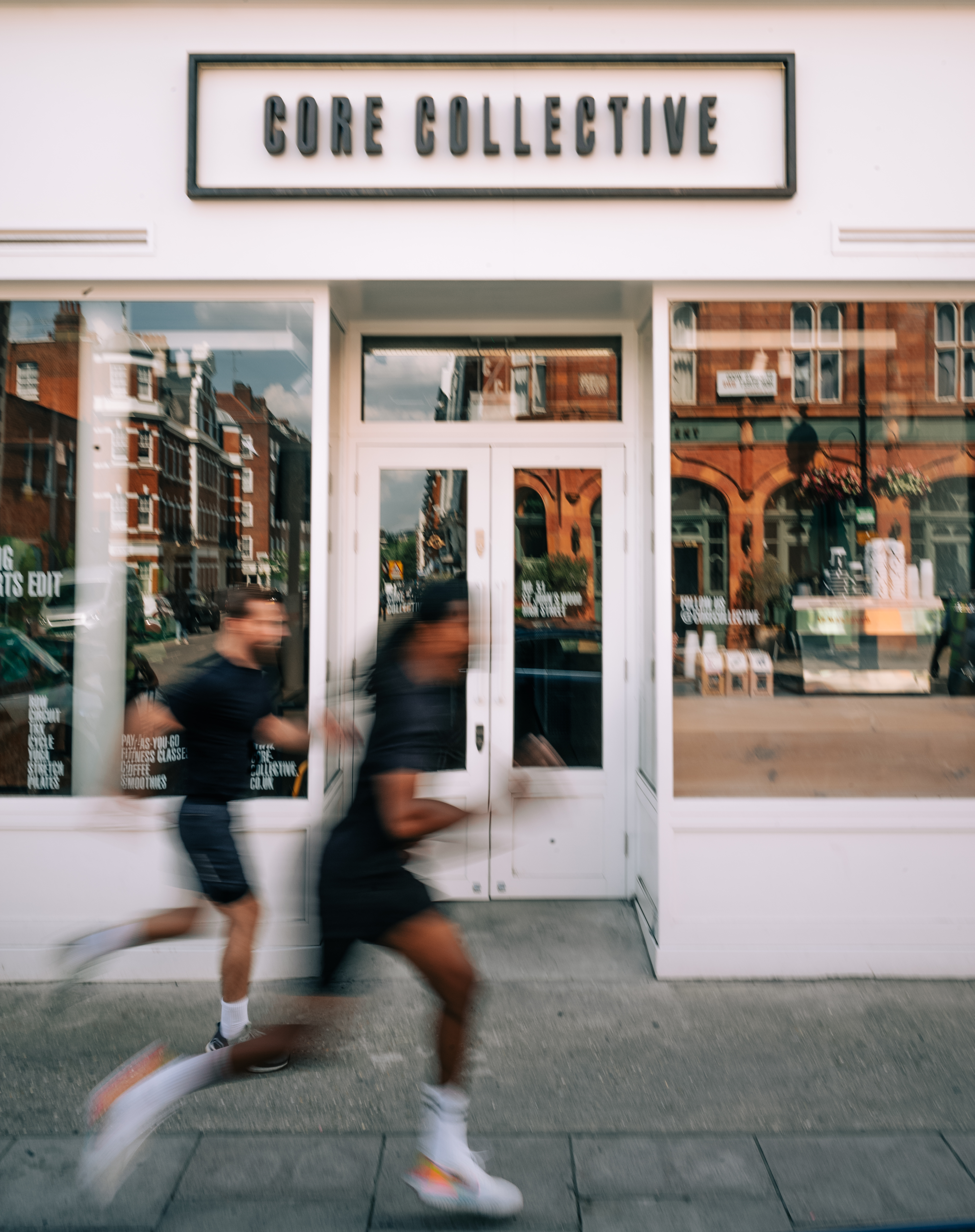
Read more: Total Body Workout Moves That Pack A Punch (Without Disturbing Neighbours)

